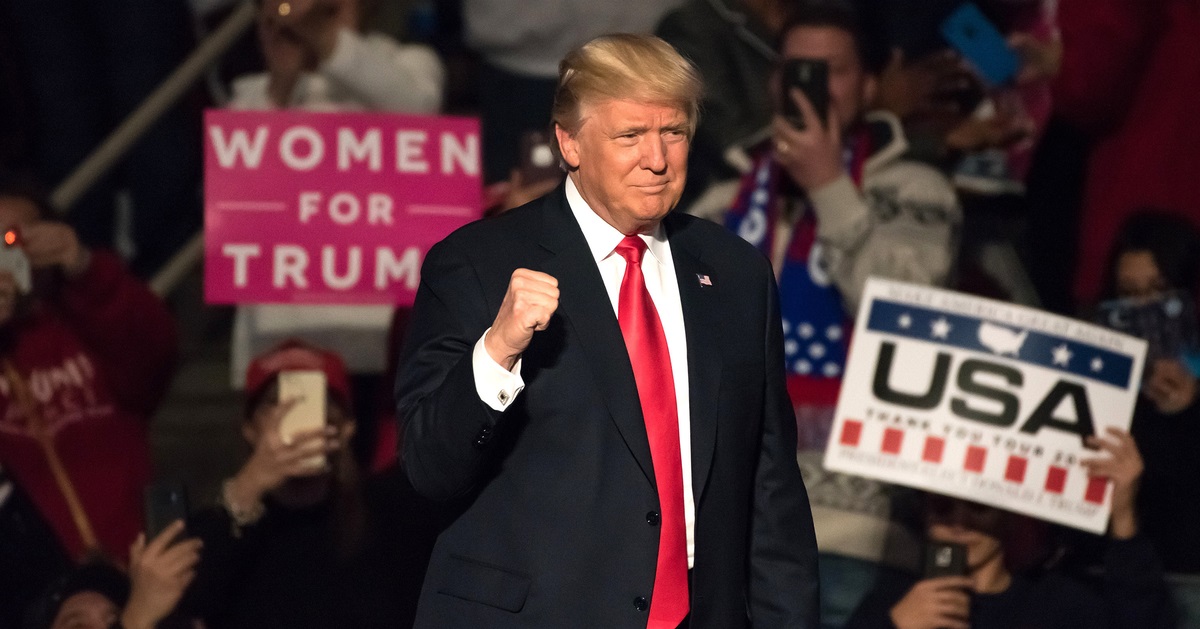Supreme Court declines Trump's request to immediately fire Lisa Cook
The Supreme Court will allow Federal Reserve governor Lisa Cook to remain in her job, at least for now, after President Trump fired her over credible allegations of mortgage fraud.
The decision was left unexplained, and there were no dissents, ABC News reported. The ruling allows Cook to remain on the job into 2026, as the justices prepare for oral arguments in January.
Trump denied
The controversy hinges on what counts as sufficient "cause" for the president to fire a member of the Federal Reserve Board. No president has ever invoked this power, presenting the Supreme Court with novel questions to address.
Trump moved to fire Cook in August, citing evidence that she falsified documents to secure favorable loan terms. Cook has yet to explain the discrepancy in her mortgage applications.
A Biden-appointed district court judge blocked Cook's firing, finding she could not be removed over conduct that took place before she began at the Fed. An appeals court panel upheld the injunction, leading the Trump administration to appeal to the Supreme Court.
Trump had asked the Supreme Court to let him immediately fire Cook, arguing she cannot be trusted to remain in her powerful position.
"Put simply, the President may reasonably determine that interest rates paid by the American people should not be set by a Governor who appears to have lied about facts material to the interest rates she secured for herself -- and refuses to explain the apparent misrepresentations," Trump's Solicitor General John D. Sauer wrote in his brief to the Supreme Court.
Arguments in January
The Supreme Court has been favorable toward Trump's reshaping of the federal government, approving his firings of various independent agency heads at will.
But the stakes are higher in a conflict between the White House and the Federal Reserve, which has vast power to steer the nation's economic course.
Critics of Trump have said that his demands, if granted, would cause chaos and undermine the independence of the Fed. But the White House argues that the real harm lies in allowing an "ethically compromised" official to continue wielding "vast powers" over the economy.
As the White House sees it, this is a simple matter of the president firing a powerful official who has shown she lacks basic integrity, and who has been allowed to remain in her position by activist courts with an agenda.
"The lower courts’ due-process theory would invite judicial micromanagement of the President’s exercise of his core Article II powers—even where, as here, courts have no authority to review the substance of the President’s ultimate decision," Sauer wrote.
The Supreme Court's decision adds to Trump's losing streak in the case, but the White House is confident of ultimate victory.
"We look forward to ultimate victory after presenting our oral arguments before the Supreme Court in January," White House spokesperson Kush Desai said.




